Can You Tattoo Over Varicose Veins? What You Need To Know
Understand what goes into covering up vascular issues with your desired inked patterns.
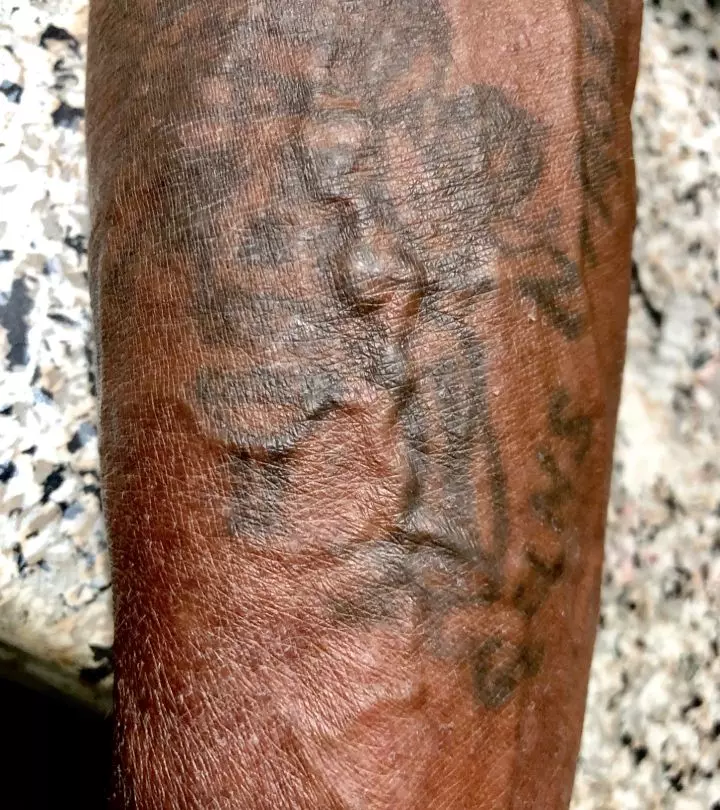
Image: Shutterstock
Tattoos are a great medium to showcase your individuality through intricate designs and patterns. Conversely, some people also use it to cover up aesthetic problems, such as scars and stretch marks. So, can you tattoo over varicose veins as well? Before we answer that, let us discuss what exactly are varicose veins. They are quite a common condition characterized by swollen and twisted veins, generally found in the legs and feet that make them appear blue or dark purple. For the majority of people who are affected by this vascular issue, there are no symptoms. However, in some cases, they may lead to discomfort and swelling (1). The biggest concern with this vein disease, especially among women, is its unnatural and unsightly appearance. In this article, we will help you figure out if you can alter its appearance by tattooing on it, and the risk factors involved with this process. Read on to know more!
In This Article
Can You Tattoo Over Varicose Veins?
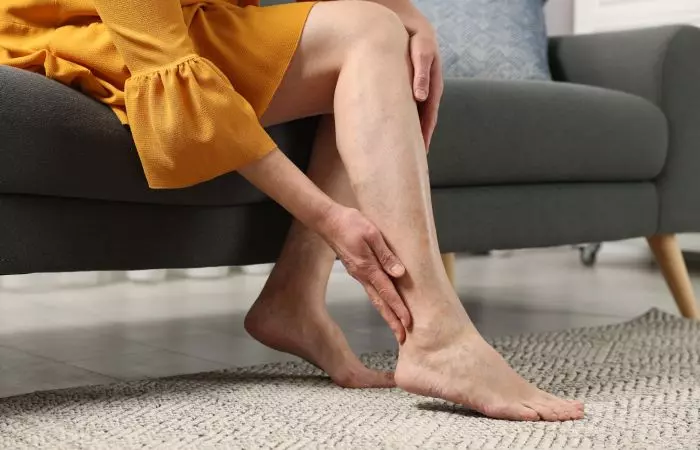
Technically, you may tattoo over varicose veins. However, several tattoo artists and medical professionals do not recommend doing so. Let us explain why.
It is important to speak with a healthcare professional before getting a tattoo over varicose veins. A medical expert can let you know about the personalized risks and complications that may occur, such as worsening vein problems, blood circulation problems, or greater discomfort. Additionally, they can advise on the best course of action to reduce any potential risks and determine whether your skin is healthy enough for tattooing.
During the tattooing process, the artist uses a rotary gun that has needles to inject the ink into the skin. These needles pierce through the epidermis, the skin’s top layer, to transfer the tattoo ink to the dermis, the 1.5 to 2 millimeters deep middle layer. If the needle goes any deeper than this, it may puncture the hypodermis, the bottom layer of skin, that contains blood vessels. Though the possibility of this happening is rare, what happens if a tattoo needle hits a vein? Vein rupturing due to a tattoo needle may lead to painful complications like excessive bleeding, which may be fatal (2). Plus tattooing over bulging varicose veins may also result in uneven ink distribution; these visible veins may also distort the tattoo design.

So, can you hide varicose veins with tattooing? While tattoos can sometimes be used to conceal or distract attention from skin imperfections, using them to hide varicose veins may not be the most suitable solution. It is crucial to be aware of potential tattoo side effects that could arise, especially when dealing with underlying skin conditions. Check out the next section to learn more about the risks involved with the process.
Key Takeaways
- It is technically possible to tattoo over varicose veins. However, many tattoo artists and medical professionals do not recommend it due to potential risks, like severe bleeding and possible infections.
- If you feel discomfort and pain due to varicose veins and get a tattoo over them, chances are the process might hurt more than getting a tattoo normally.
- Instead of hiding your vein condition with tattoos, you may opt for minimally invasive medical treatments like sclerotherapy or wear graduated compression stockings.
The Risks Of Tattooing Over Varicose Veins
- May Lead To Severe Bleeding
As mentioned earlier, there is a rare chance that the tattoo process may lead to vein rupture, which may lead to severe bleeding. Research suggests that ruptured varicose veins are the reason for sudden death in 1 out of 1000 autopsies. Although rare, this kind of bleeding may be life-threatening (2). Anecdotal evidence suggests that tattooing varicose veins may also lead to deep vein thrombosisi A common term for when blood clots block veins or arteries, and it may include symptoms like pain and swelling , which is the formation of blood clots that can have harmful effects like elevating the risk of strokes (3).
- May Increase The Risk Of Infection
If you get tattooed on an area with varicose veins, your tattoo may take longer to heal. This is because varicose veins reverse the blood flow, as they have dysfunctional valves that pump deoxygenated blood back to the heart (4). These faulty vein valves result in poor circulation, which may slow down wound healing and increase the risk of infections (5).
- May Complicate Future Vein Treatments
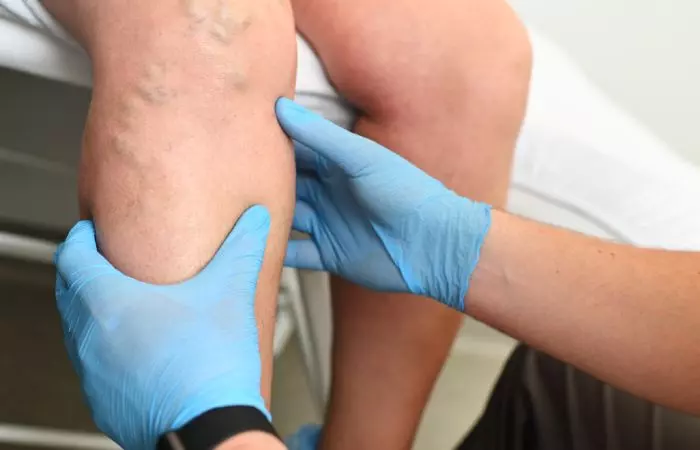
Covering varicose veins with dark-toned tattoos may make it difficult for a vein specialist to see the area. This may hinder the examination process and make it complicated to carry out any medical procedure over the area with varicose veins. Therefore, if you want a tattoo in an area with visible dark veins, it is recommended to first seek proper treatment to avoid any risks.
- May Increase Discomfort
Varicose veins may cause pain and discomfort in some cases (1). Since the tattooing process requires the repetitive penetration of the skin using a needle, it may increase existing pain and cause additional discomfort.
- May Add To The Overall Expenditure
If you decide to use a cover-up tattoo for your varicose veins, chances are it may only be a temporary fix. This is because once a patient starts developing varicose veins, the condition may increase over time. Also, these veins become more severe, and research suggests that they may also lead to complications like skin discoloration and eczemai A chronic condition caused by environmental irritants that result in dry, inflamed, sensitive, and itchy skin (6). You may always get your new varicose veins covered. However, doing so every time new veins pop up around your artwork may be costly and impractical.
Tattooing over varicose veins is not generally recommended without prior medical treatment. However, even if your vein specialist or tattoo artist gives you the green signal, there is the matter of the pain that comes with the tattoo process, especially on such a sensitive area. Learn about it in the next section.
How Much Do Tattoos Over Varicose Veins Hurt?
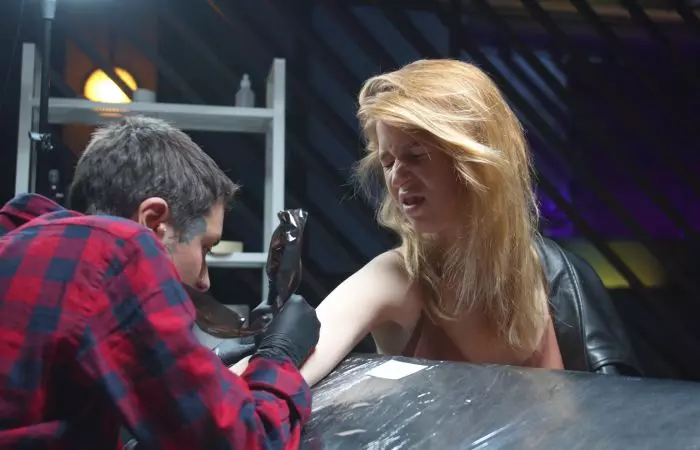
There is no evidence to suggest that getting tattoos over veins may be more painful than getting them in other areas. However, varicose veins themselves can sometimes cause discomfort and pain (1). In such a case, the tattooing process may hurt more than usual. Therefore, if you are considering getting a tattoo over varicose veins, and are concerned about your pain threshold, it is essential to communicate openly with your tattoo artist. They may provide guidance based on their experience and help you make adjustments to minimize the discomfort. For instance, they may help you design your tattoo in a way that avoids direct contact with the affected veins.
Tattoos over varicose veins also require special aftercare to ensure proper healing and minimize complications. Scroll down to the next section to read about the guidelines to follow.
Do Tattoos Over Varicose Veins Require Special Aftercare?
Yes, along with regular aftercare practices like moisturizing with a fragrance-free lotion, varicose vein tattoos also require you to do the following:
- Keep your leg elevated after getting the tattoo to improve blood circulation in the area and reduce swelling.
- Avoid engaging in strenuous activities that involve the use of the muscles around the tattooed area, such as using the leg press machine at the gym. This may help prevent unnecessary pressure on the veins and aid healing.
- Keep an eye out for any signs of infection like swelling, increased pain, and pus formation. If you notice any of these symptoms, consult your tattoo artist as well as healthcare provider immediately.
- Schedule regular follow-up appointments with both your tattoo artist and healthcare provider to ensure that the tattoo is healing properly.
While getting tattoos to cover varicose veins can be a creative and personal way to deal with the aesthetic issue related to their appearance, there are also some minimally invasive medical treatments you may try. Some of them are mentioned in the following section.
Alternatives To Hiding Varicose Veins With Tattoos
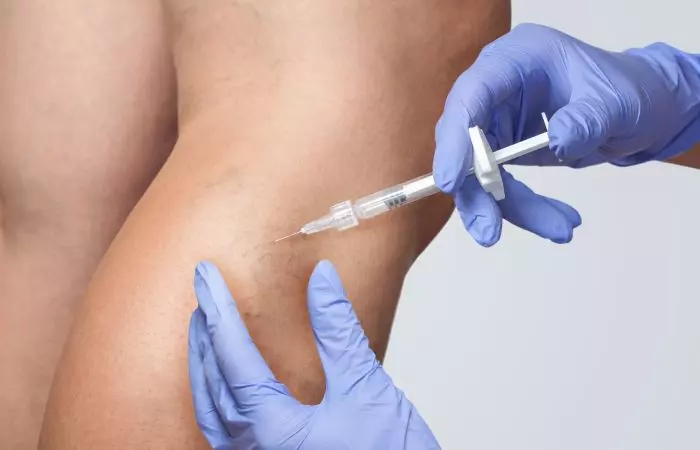
Some minimally invasive varicose vein treatments include:
- Sclerotherapy: It involves injecting a solution directly into the affected veins, causing them to shrink and eventually fade. This procedure, if executed correctly, may be an efficient form of treatment with only a few complications, such as hyperpigmentation, headaches, and visual disturbances (7).
- Endovenous Laser Therapy: It involves the use of laser fibers that emit heat to close the diseased veins. The procedure causes the vein to collapse and eventually be absorbed by the body. Some of the complications of this laser treatment include thrombosis and skin burns (8).
- Radiofrequency Ablation: It involves the use of radiofrequency energy to heat and close off diseased blood vessels to redirect blood flow to healthier vessels. This technique has a low complication rate and helps alleviate symptoms of varicose veins, such as swelling and pain (9).
- Ambulatory Phlebectomy: It is a surgical procedure that involves making small 2-3 mm incisions to remove varicose veins close to the surface of the skin. It may include rare complications like bruising and bleeding (9).
- Compression Therapy: It requires wearing graduated compression stockings to improve blood circulation in the legs and reduce the symptoms and appearance of varicose veins. Research suggests that it may help patients with chronic venous insufficiencyi Chronic condition of leg veins affecting blood flow to the heart, causing pain, swelling, and skin tone and texture changes in the legs , especially with ulcers (10).
In addition to these treatments, you may also use makeup to hide your varicose veins temporarily. Start with moisturizing and priming the area, followed by a color corrector. Use a yellow corrector for red or purple-toned veins, and an orange corrector for blue-toned veins. Follow up with a makeup concealer, and set it with translucent powder to prevent it from transferring throughout the day.
If permanent tattoos are not your cup of tea, you may opt for temporary tattoo stickers. A blogger shared that she used colored Sharpies to doodle over her varicose veins. She states in one of her blog posts, “I do not like pain…and my taste is fickle..so getting a permanent tattoo at my age is highly unlikely unless I am high, which is also highly unlikely (i).”
We know that it is recommended to consult a vein specialist before getting a tattoo over varicose veins, but is the case different for spider veins? Can you tattoo over them? Let us find out below.
Can You Tattoo Over Spider Veins?
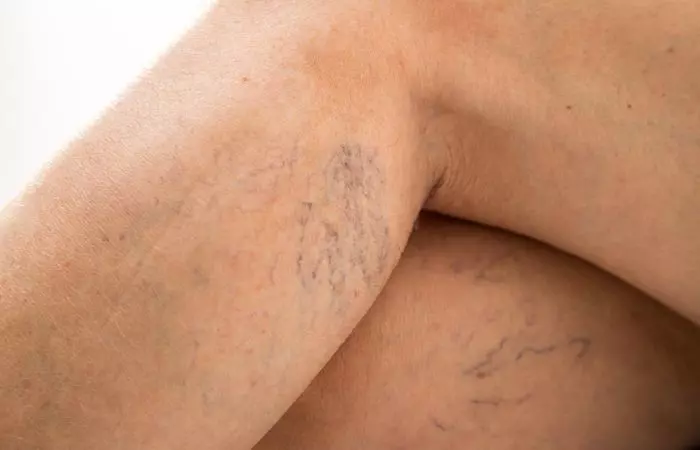
Just like varicose veins, tattooing over spider veins is also technically possible. These unsightly veins are small, dilated blood vessels that are close to the surface of the skin. They generally appear as red, blue, or purple lines that branch out from a central locus, resulting in a spider or tree branch-like appearance (11). Even if it is possible to tattoo over them, it is generally not recommended, as it can be challenging and may have unpredictable results, such as uneven pigment distribution, blurred lines, and potential damage to the blood vessels. Therefore, if you wish to get a tattoo and have concerns about the spider veins in the area, consult a dermatologist or a healthcare professional.

Specific conditions like spider and varicose veins certainly require professional advice before tattooing over them. But what about getting tattoos over veins that pose no issues? Keep reading to find out.
Can You Tattoo Over Normal Veins?
You may notice some visible veins on the back of your hands or wrists that are not varicose or spider veins. Generally, tattooing over these healthy veins is considered safe, as professional tattoo artists are trained to work around veins and arteries to avoid causing any harm to the circulatory system. In fact, tattoos over wrist veins are so popular these days that people are even opting for medical alert tattoos there (12).
That said, it is important to note that each of us has a unique anatomy and some of you may have veins that are more prominent or closer to the surface than others. Therefore, it is always a good idea to consult your healthcare provider and tattoo artist in such situations.
Finally, the answer to the question, “Can you tattoo over varicose veins” requires careful consideration of the potential risks that come with it. Tattooing over these veins may be challenging and may show poor results, like uneven pigment distribution and a distorted tattoo. It may also result in ruptured veins and spontaneous bleeding if the tattoo needles hit them. While the physical risk of damage is rare, if this happens, it may turn out to be fatal. Additional risks related to this are possible infections and complications for future vein treatments. It may also not be a good idea to hide varicose veins with tattoos, as they tend to increase over time and may emerge around the tattoo. Getting a tattoo over new veins time and again would only add to extra costs. If you really wish to get a tattoo over your varicose veins, it is recommended to consult a vein specialist first to avoid any complications.
Frequently Asked Questions
What is the healing process for tattoos over varicose veins?
Tattoos etched over varicose veins may take longer to heal because of circulation problems, requiring particular caution to prevent swelling or irritation. You should follow the recommended aftercare tips carefully and immediately consult a healthcare professional if complications develop, especially if there are signs of infection or significant swelling.
What are the signs of infection after tattooing?
Increased redness, swelling, warmth surrounding the tattoo, pus or other unusual discharge, and severe discomfort that becomes worse with time are all indicators of infection following tattooing. It is important to get medical help right away if you have any of these symptoms to avoid more issues.
Can laser tattoo removal be performed on a tattoo over varicose veins?
Yes, anecdotal evidence suggests that laser tattoo removal may be performed on a tattoo over varicose veins. However, it may possess certain risks like increased pain during the process and a delayed healing process post-removal due to poor circulation (5).
Can tattoo ink get into your veins?
It is unlikely that tattoo ink may get in your veins, as during the tattoo process, the artist injects the ink into the middle layer of the skin. This dermis layer does not contain veins, which are present in the hypodermis, the bottom layer of the skin. However, research suggests that ink pigments may remain in the bloodstream at the injection site after the tattooing process. It may then enter the lymph nodesi Small, bean-shaped organs that help filter harmful substances such as bacteria and viruses that may harm the body from there on and move to body organs like the lungs, kidneys, and brain (13).
What is a black vein tattoo?
A black vein tattoo is a tattooing style involving the creation of intricate patterns resembling veins. A popular placement for this style is the neck and the arms.
Vein conditions like the spider and varicose veins can be unsightly to look at, making them a major aesthetic concern among women. Wondering if you can hide them with a tattoo? Check out this video to find out.
Personal Experience: Source
StyleCraze's articles are interwoven with authentic personal narratives that provide depth and resonance to our content. Below are the sources of the personal accounts referenced in this article.
(i) Varicose vein art–tattooing for the mature leghttps://lifeinmyseventhdecade.wordpress.com/2015/08/05/varicose-vein-art-tattooing-for-the-mature-leg-2/
References
Articles on StyleCraze are backed by verified information from peer-reviewed and academic research papers, reputed organizations, research institutions, and medical associations to ensure accuracy and relevance. Read our editorial policy to learn more.
- Varicose veins and their management
https://www.ncbi.nlm.nih.gov/pmc/articles/PMC1526945/ - Risk factors for bleeding varicose veins in patients with chronic venous disease
https://www.ncbi.nlm.nih.gov/pmc/articles/PMC10304781/ - Deep vein thrombosis
https://www.ncbi.nlm.nih.gov/books/NBK507708/ - Varicose veins
https://www.ncbi.nlm.nih.gov/pmc/articles/PMC3217733/ - Chronic wounds: overview
https://www.ncbi.nlm.nih.gov/books/NBK326431/ - Varicose veins in the legs
https://www.ncbi.nlm.nih.gov/books/NBK264166/ - Sclerotherapy in the treatment of varicose veins
https://www.ncbi.nlm.nih.gov/pmc/articles/PMC8692296/ - Varicose vein treatment: endovenous laser therapy
https://www.ncbi.nlm.nih.gov/books/NBK557719/ - The management of varicose veins
https://www.ncbi.nlm.nih.gov/pmc/articles/PMC4301287/ - Graduated compression stockings
https://www.ncbi.nlm.nih.gov/pmc/articles/PMC4081237/ - Spider veins
https://www.ncbi.nlm.nih.gov/books/NBK563218/ - Medical ink
https://www.ncbi.nlm.nih.gov/pmc/articles/PMC3381746/ - Types of colourants used in tattoo and permanent make‐up techniques, legal regulations, health, and psychological aspects of tattooing
https://www.ncbi.nlm.nih.gov/pmc/articles/PMC10485912/
Read full bio of Anastasiia Gatsko
Read full bio of Joyce Joyson
Read full bio of Madhumati Chowdhury
Read full bio of Aparna Harry






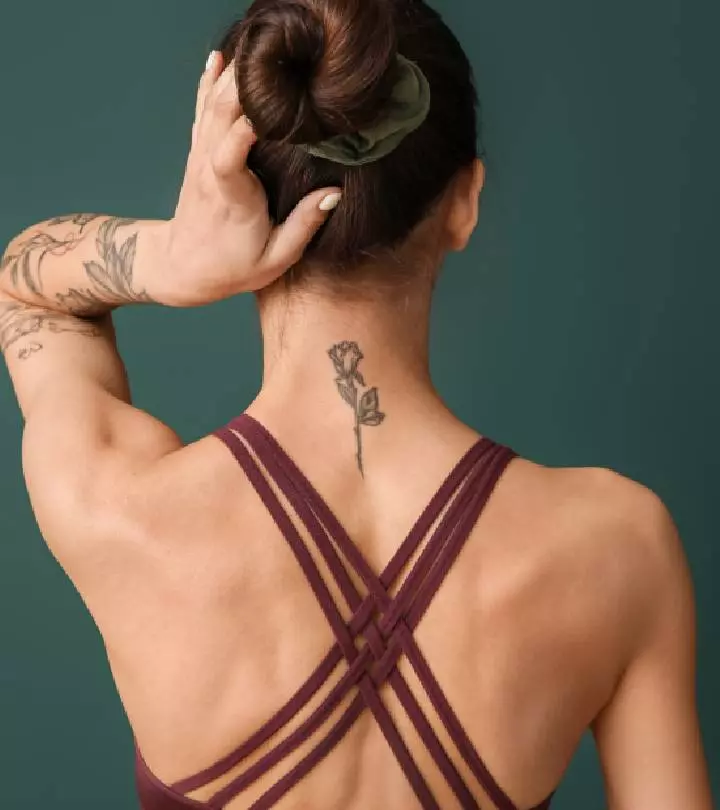
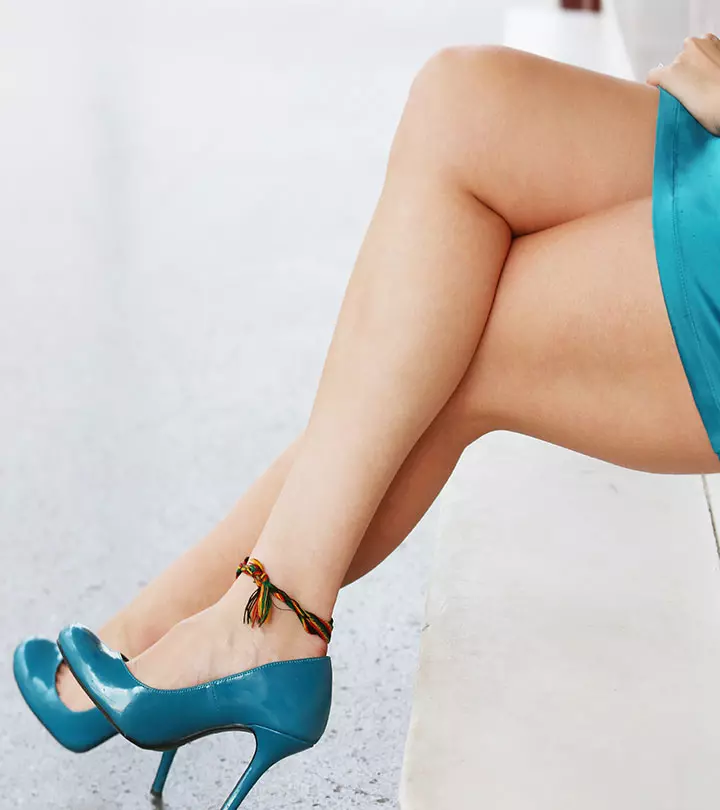
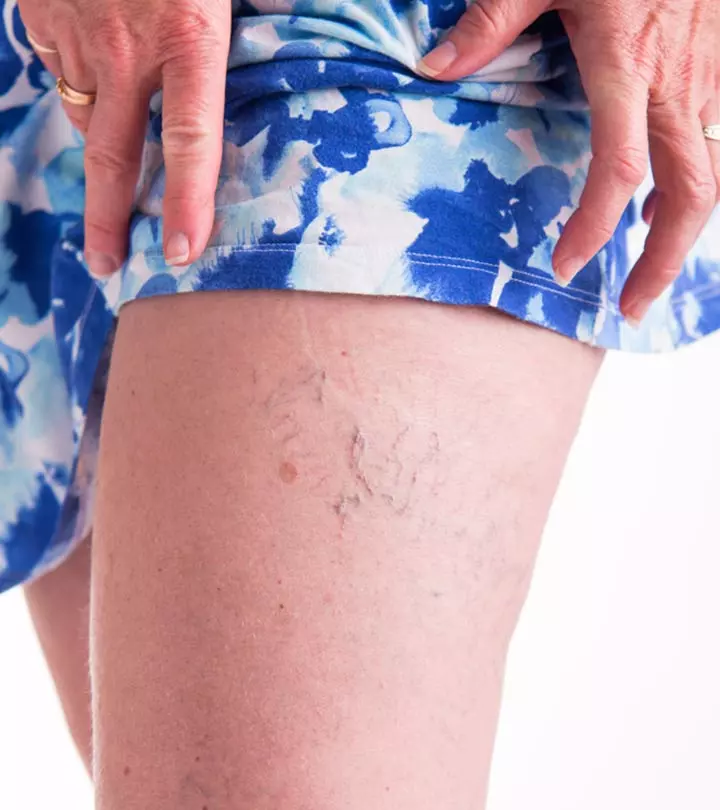
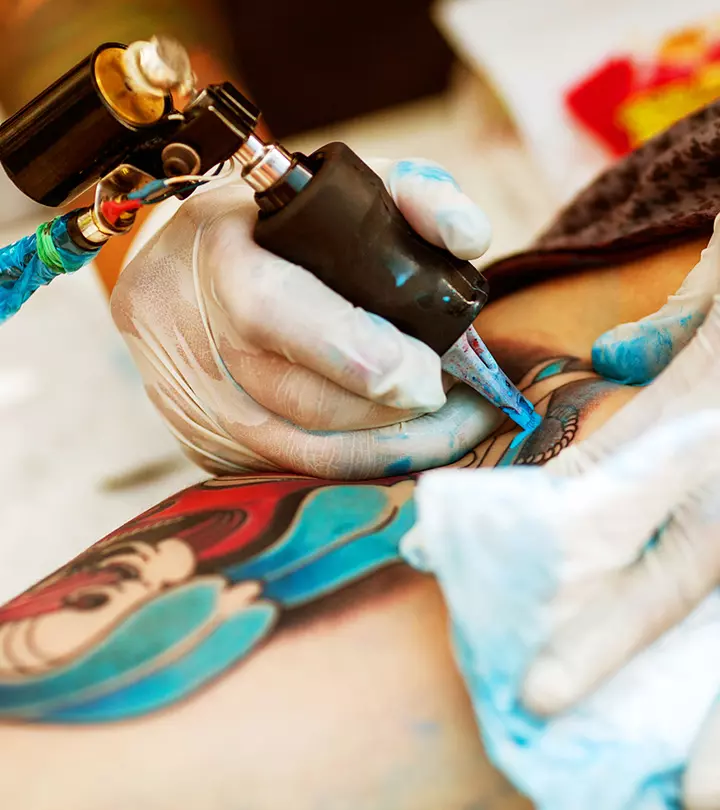
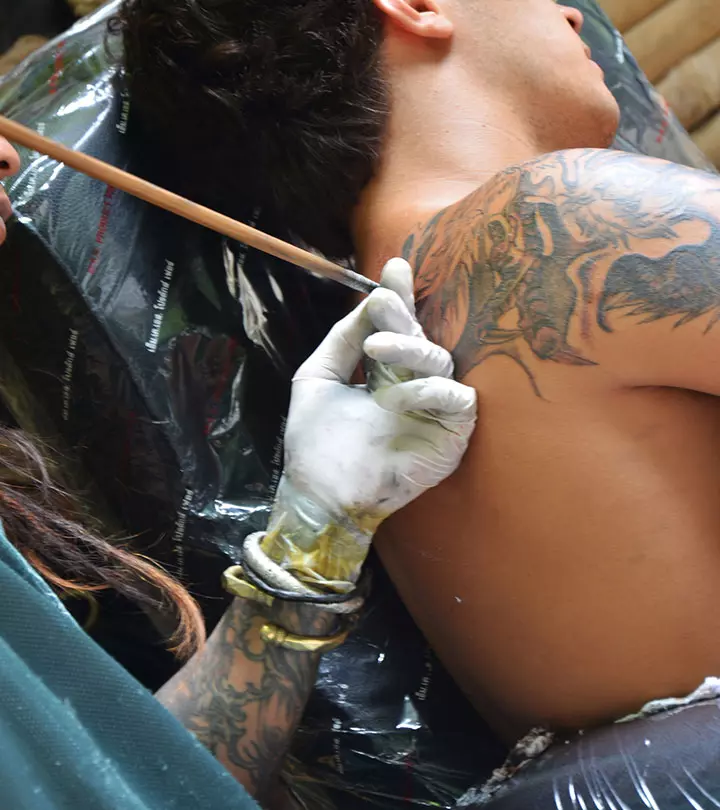
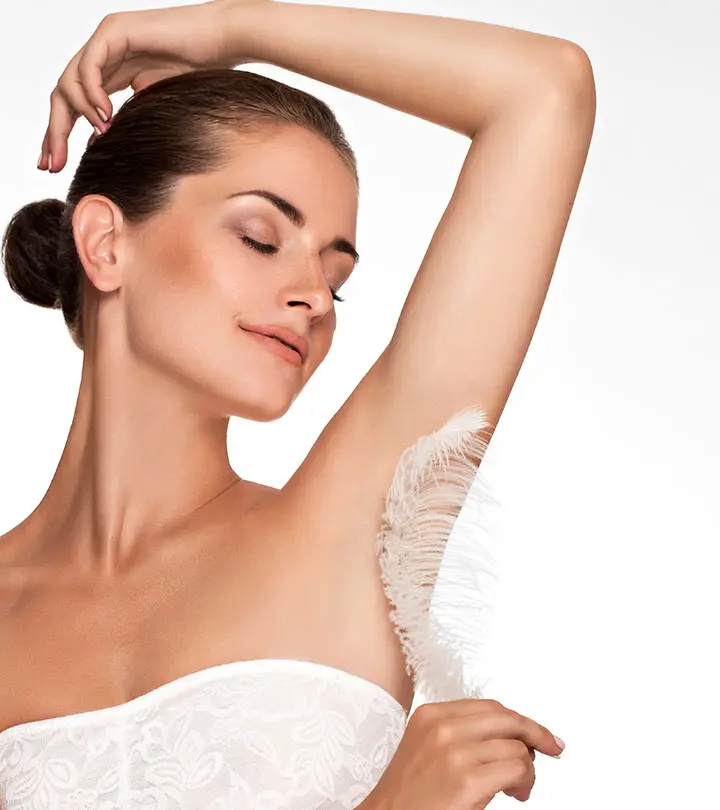
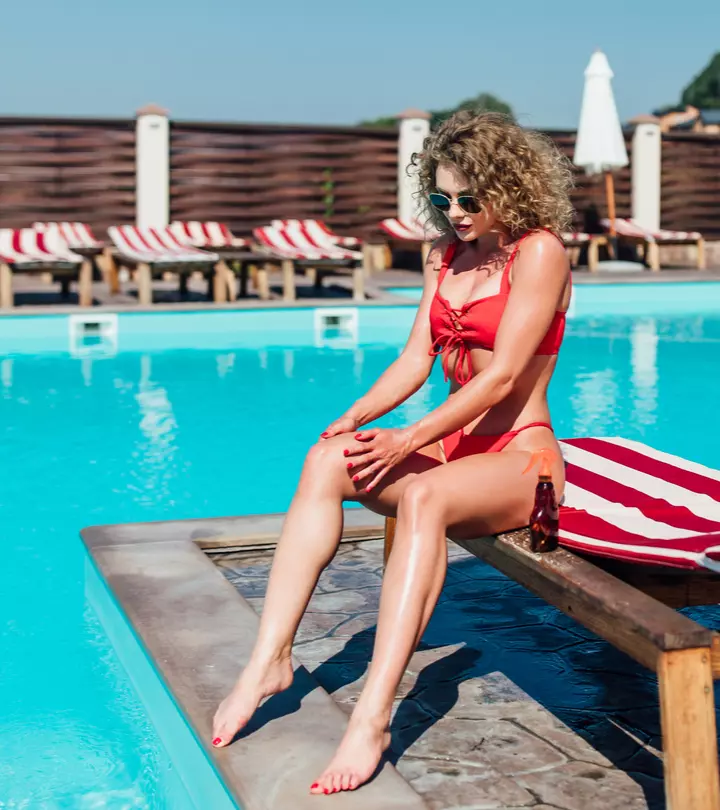
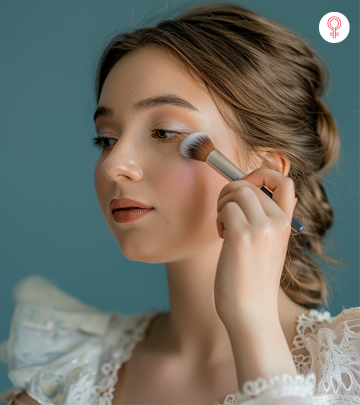

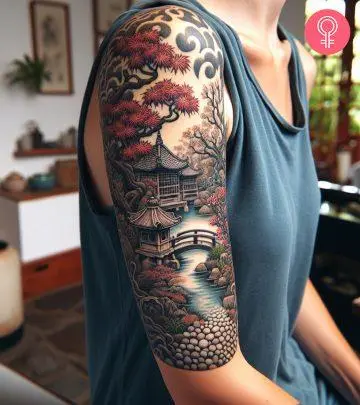
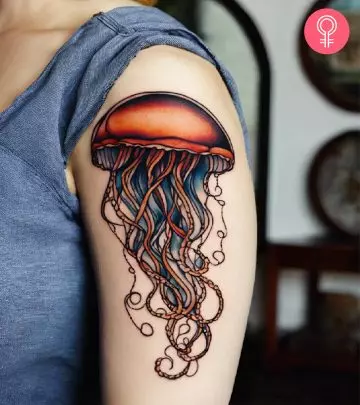
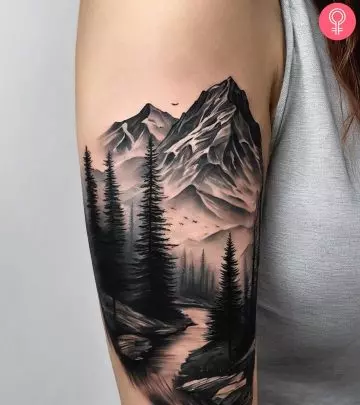
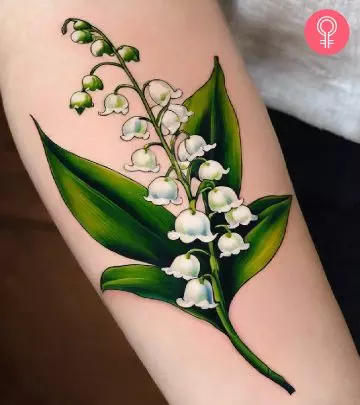

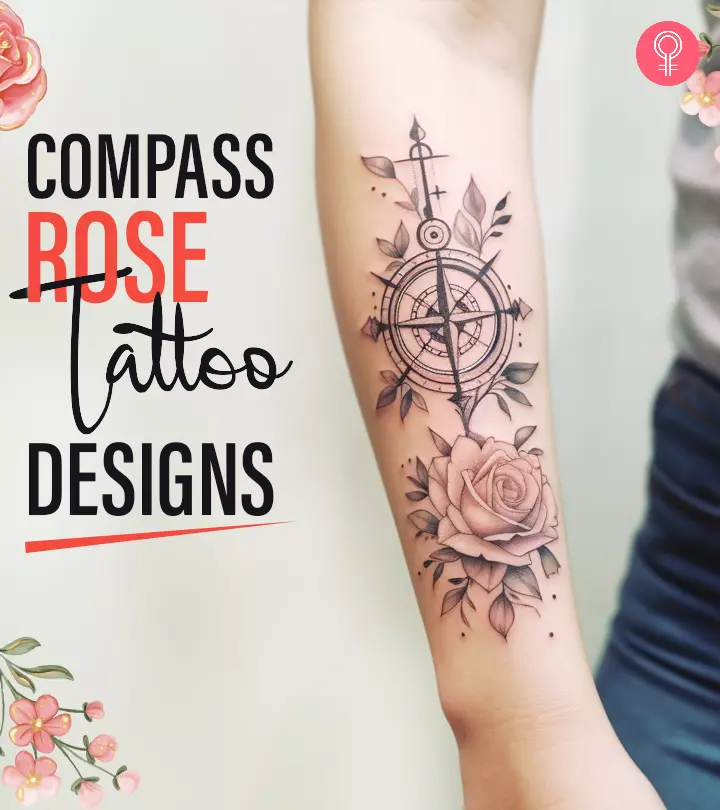
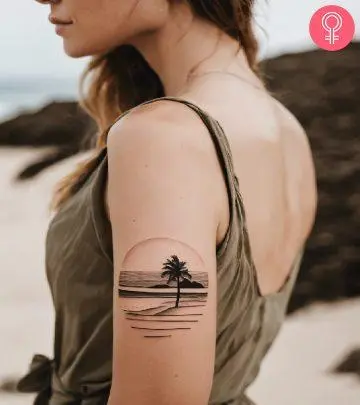
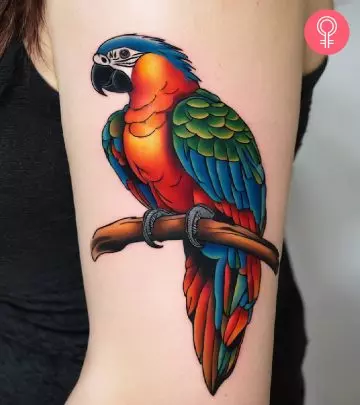
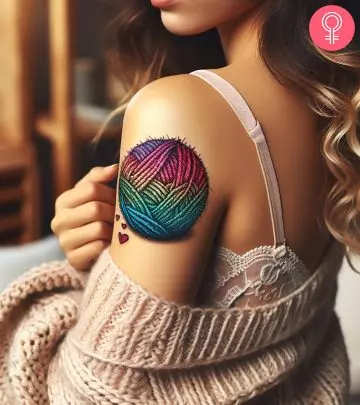
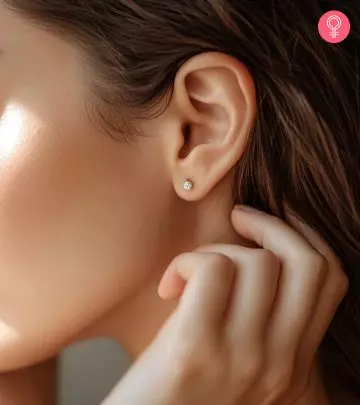
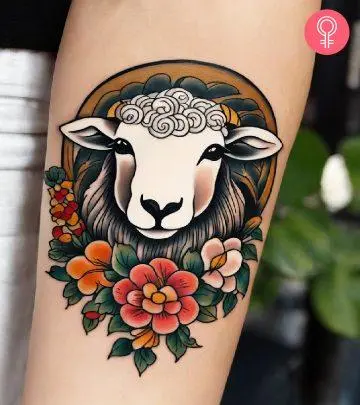
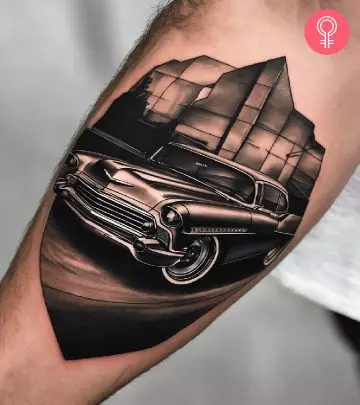
Community Experiences
Join the conversation and become a part of our empowering community! Share your stories, experiences, and insights to connect with other beauty, lifestyle, and health enthusiasts.